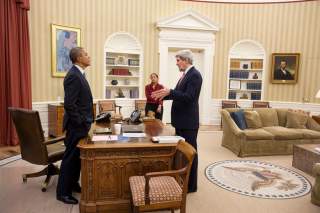The MH17 Tragedy: "Outrage is not a policy."
"The shootdown understandably has outraged government leaders, elite and people around the world. But outrage is not a policy. The question is what comes next."
Mr. Putin understands this. He is carefully watching Western and global reactions now, trying to calculate just how bad the blowback will be against Russia.
It would be pointless to press Moscow to admit its culpability. But Western leaders can press the Kremlin to do two things: halt the flow of weapons, supplies and fighters into eastern Ukraine, and use its leverage with the separatists to press for an immediate cease-fire and serious negotiating effort. (Some separatists may be beyond Russian influence, but “defense minister” Strelkov is a Russian citizen, and other Russian fighters regularly travel back and forth between Russia and Ukraine.)
The European Union and United States should proceed immediately to impose new major sanctions on Russia: broader asset freezes; wider sanctions targeted at major Russian financial, defense and energy companies; cancellation by the French of the Mistral helicopter assault-ship sale to the Russian navy, etc. If Russia does the right thing and becomes part of the solution, rather than part of the problem, the sanctions can be scaled back.
If the West chooses instead not to adopt such measures, Mr. Putin will correctly read the message to be that he is free to conduct business as usual. The West should then prepare itself to see the number of dead in this nasty little conflict that Mr. Putin has fueled continue to rise.
Steven Pifer, a senior fellow at the Brookings Institution, is a former U.S. ambassador to Ukraine.

